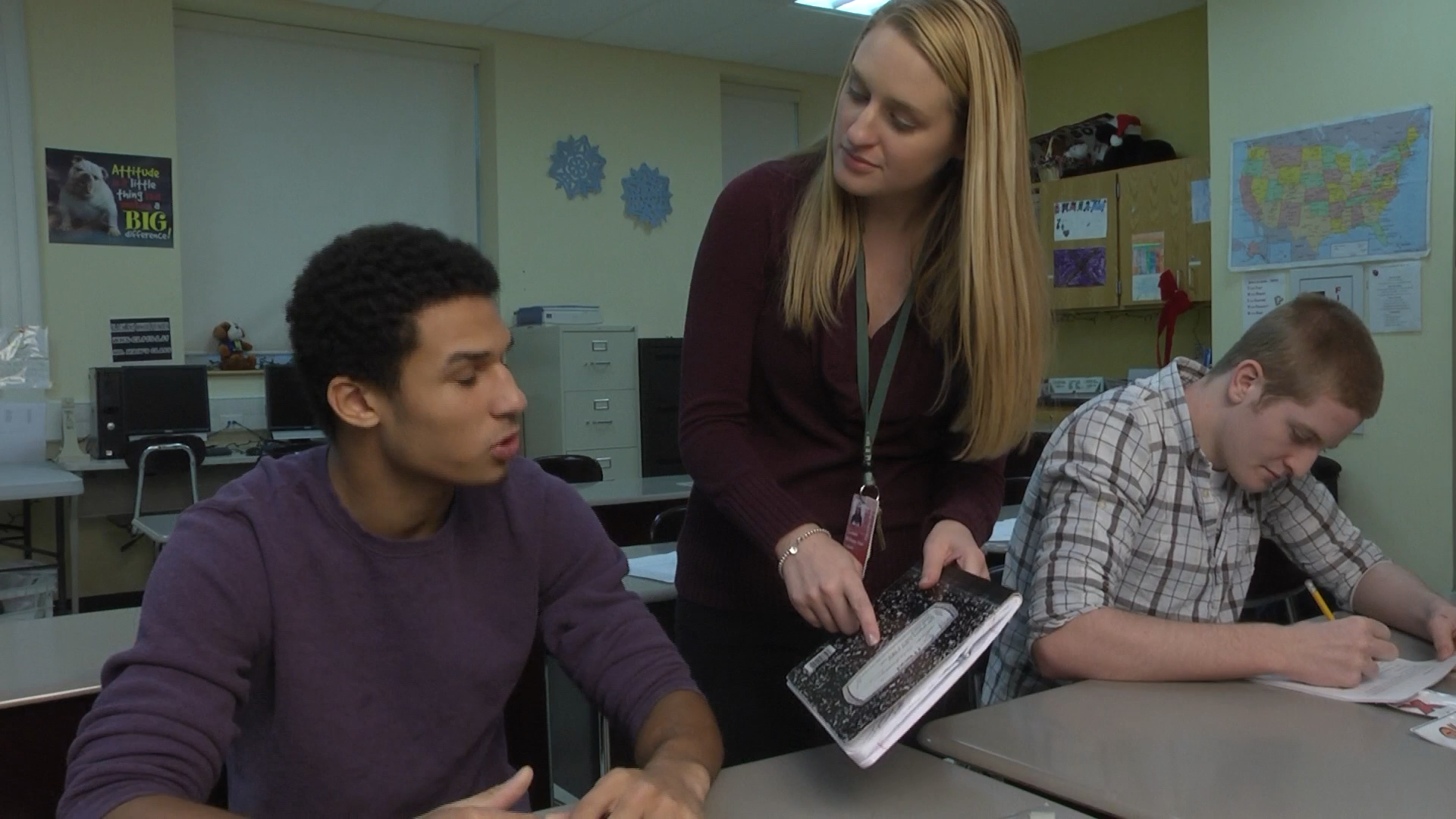
Introduction: In this blog post, we will explore the importance of teaching self-control to elementary students and provide educators with a no-prep activity, discussion questions, and related skills to help students better manage their emotions and actions. Self-control is the ability to regulate one’s feelings and actions in response to challenges or stressors. By learning self-control, students can avoid negative consequences and maintain positive relationships with their peers and teachers.
No-Prep Activity: The Freeze Game
This activity requires no preparation or materials from the educator and is designed to help students practice self-control in a fun and engaging way. The Freeze Game is a simple activity that can be played in the classroom or outdoors. Here’s how to play:
- Ask students to stand up and spread out in the available space.
- Explain the rules of the game: when the teacher says “Go,” students can move around freely, dancing, jumping, or walking. When the teacher says “Freeze,” students must immediately stop moving and hold their position.
- Start the game by saying “Go” and allow students to move around for a few seconds before saying “Freeze.”
- Repeat the process several times, varying the length of time between “Go” and “Freeze” commands.
- After the game, discuss how students felt during the activity and what strategies they used to maintain self-control when they heard the “Freeze” command.
Discussion Questions:
Use these questions to stimulate further discussions about self-control and its importance:
- Why is it important to have self-control in school and other settings?
- Can you think of a time when you lost self-control? What happened and how did you feel afterward?
- What strategies can you use to help maintain self-control when you feel upset or angry?
- How can practicing self-control help you build better relationships with your classmates and teachers?
- What are some ways we can support each other in our efforts to improve self-control?
Related Skills:
Teaching self-control is just one aspect of social-emotional learning. Other relevant skills for students include:
- Empathy: Understanding and sharing the feelings of others.
- Active listening: Paying close attention to what others are saying and responding thoughtfully.
- Conflict resolution: Finding peaceful solutions to disagreements or problems.
- Resilience: Bouncing back from setbacks and learning from challenges.
- Teamwork: Collaborating effectively with others to achieve common goals.
Next Steps:
Now that you have learned about the importance of teaching self-control and have a no-prep activity and discussion questions to use in your classroom, we encourage you to explore more social-emotional learning resources. For free samples of skill-building materials and activities, please visit Everyday Speech and sign up to access a variety of engaging resources designed to help students develop essential SEL skills.

